Sanjiwan Sinha
Working with NComputing has helped us solve the challenges associated with enabling affordable computing access to students in the government schools of Bihar, especially in schools located in the rural and remote areas of the state.
Once considered the least developed of the former Yugoslavian republics, Macedonia is leaping into the 21st century. Thanks to low-cost virtual desktop technology from NComputing, Macedonia is the first country ever to provide 1:1 computing (one computer per student) to its entire public school population.
In one of the largest ICT in Education projects of the country, the Gujarat Government deploys computer labs in 15,493 primary and upper primary government schools in the state—an initiative that is likely to benefit millions of children every year.

Paulo Freire, located in Oosterhout, Netherlands provides primary education to students in group one through eight. Its teachers and administrators are committed to delivering the essential knowledge that will enable their students to succeed in a diverse, global world where information technology is becoming a core component in not only education but in every day life.
The Government of Ghana and the Ministry of Education are committed to the rapid deployment and utilization of information and communications technology (ICT) throughout all levels of education as a means to transform the education system and improve the quality of life for all citizens in Ghana.
Horsford Junior School is a primary school with over 200 pupils based in Norwich, Norfolk. Its teachers and administrators are committed to delivering the essential knowledge and attributes that will enable their students to take full advantage of all opportunities open to them and succeed in a diverse, global world where information technology is becoming a core component in education.
At the Ayacucho Market Federation Savings and Loan Cooperative (CACFMA) in Ayacucho, Peru, financial transactions are done directly with customers on-site at their place of business. The goal was to grow their network of sales representatives sustainably and increase footprint and coverage, without increasing equipment costs.
CACFMA’s mission is to provide technology-enabled financial services through a core business model that empowers its employees, in particular, its sales representatives.
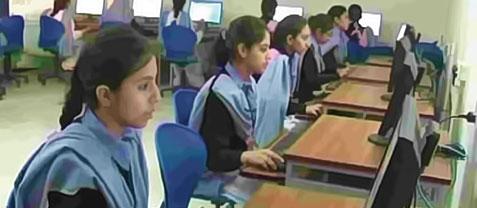
The state of Punjab is the most populous province of Pakistan, with approximately 55 percent of the country’s total population. With an aim to boost computer literacy in the state, the government of Pakistan laid the foundation of an ambitious initiative called the “Punjab IT Labs Project.”
Pages
Powerful tools drive success, everywhere.


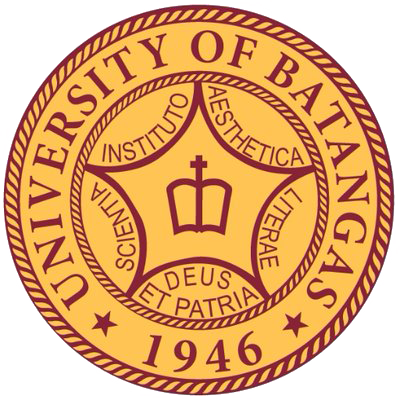












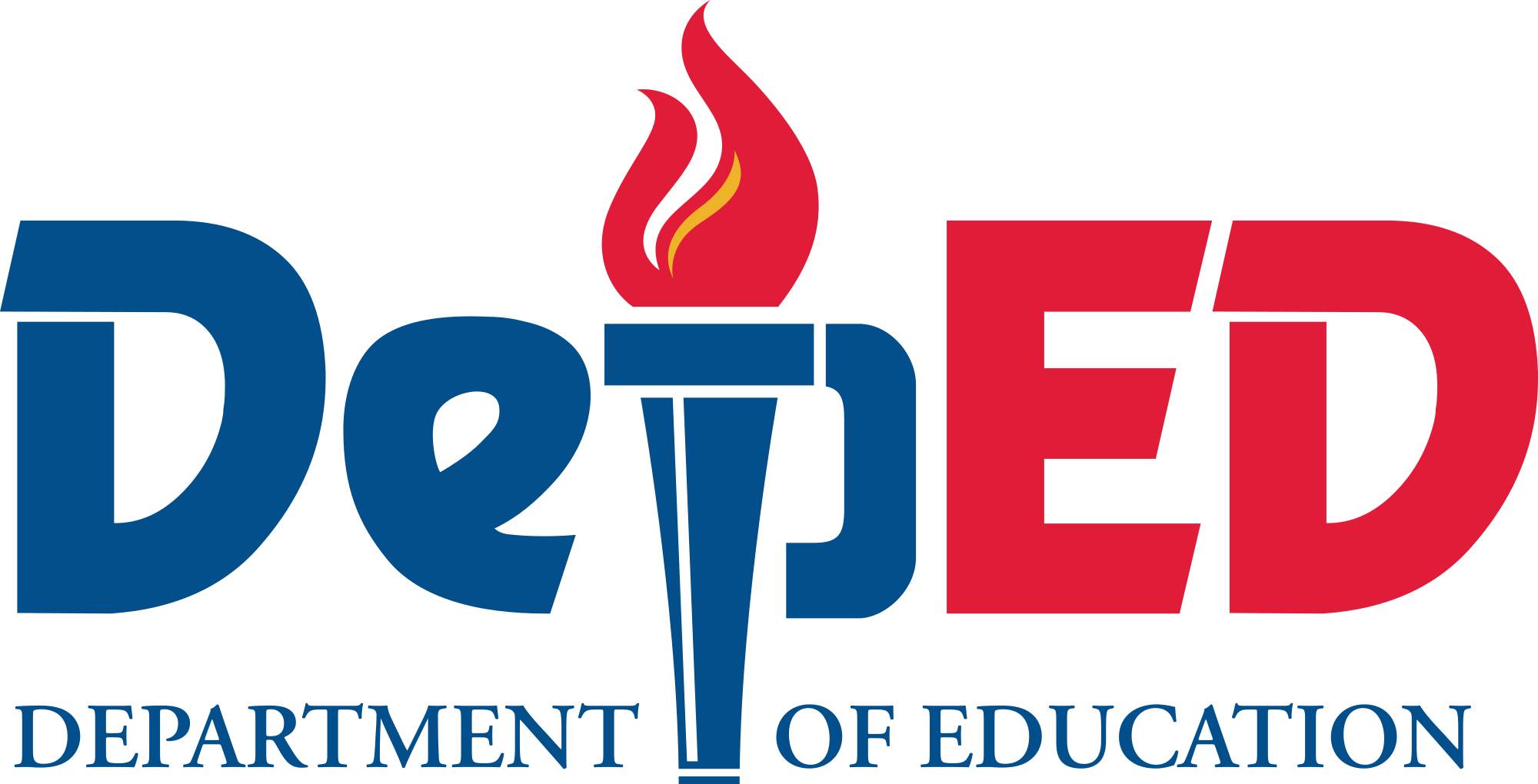







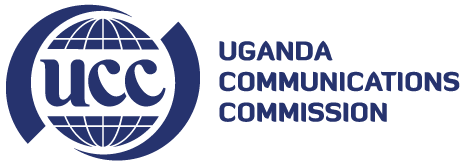







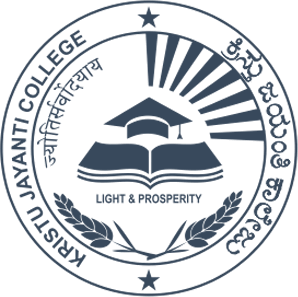

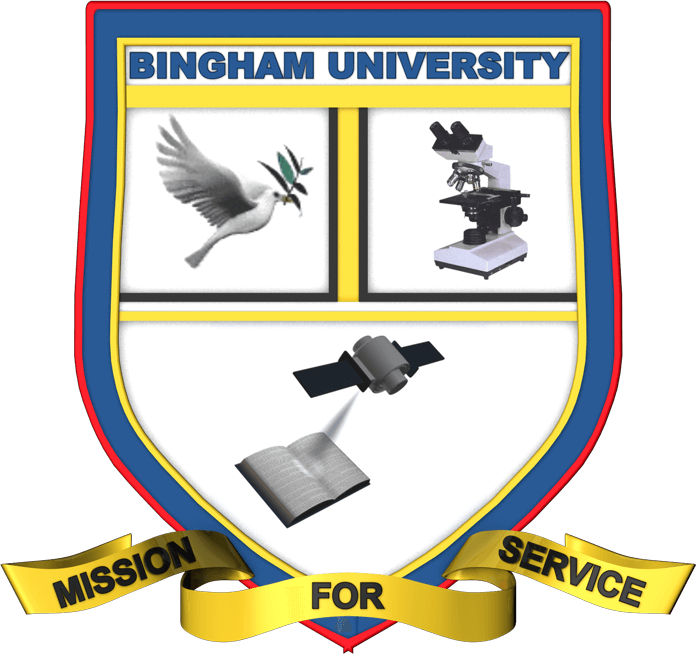





















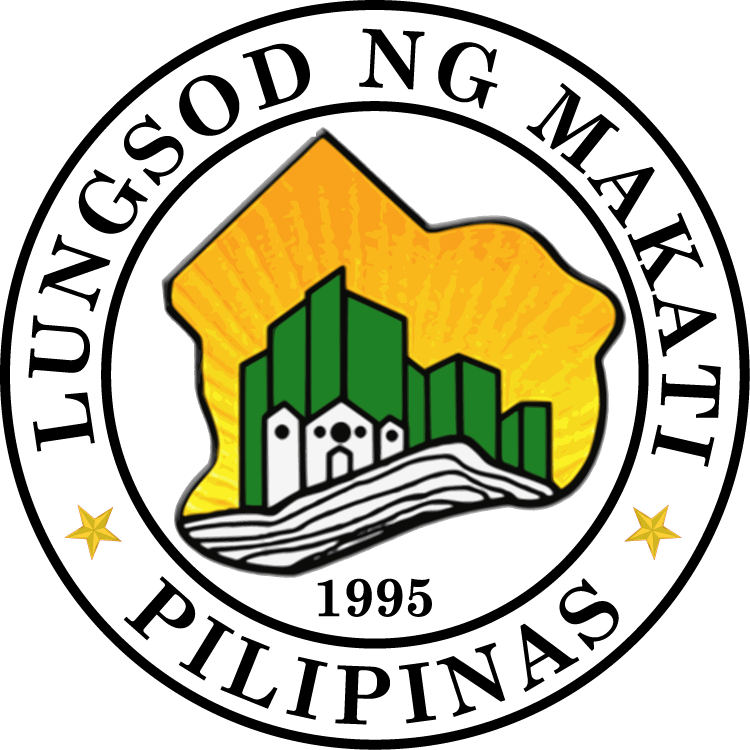

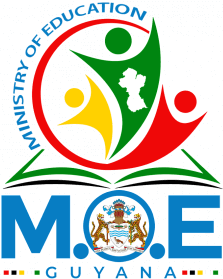


















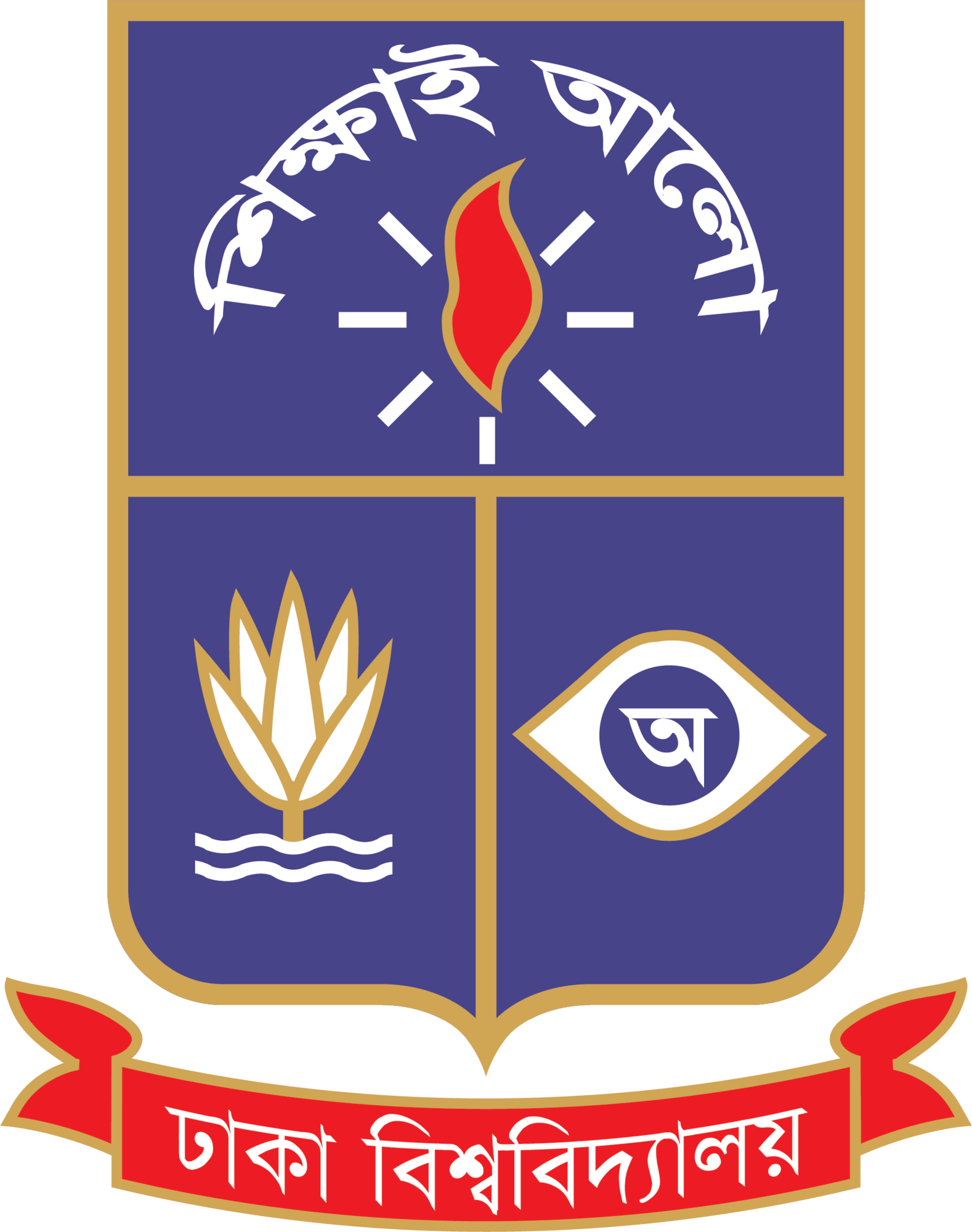

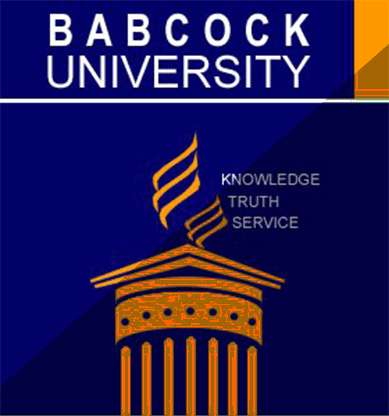



















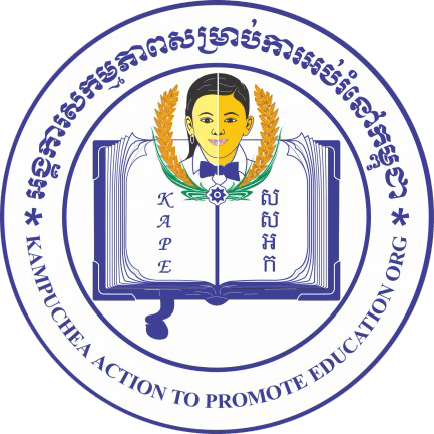

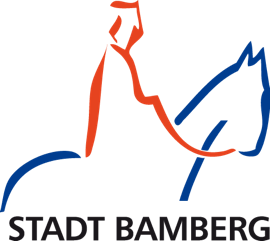











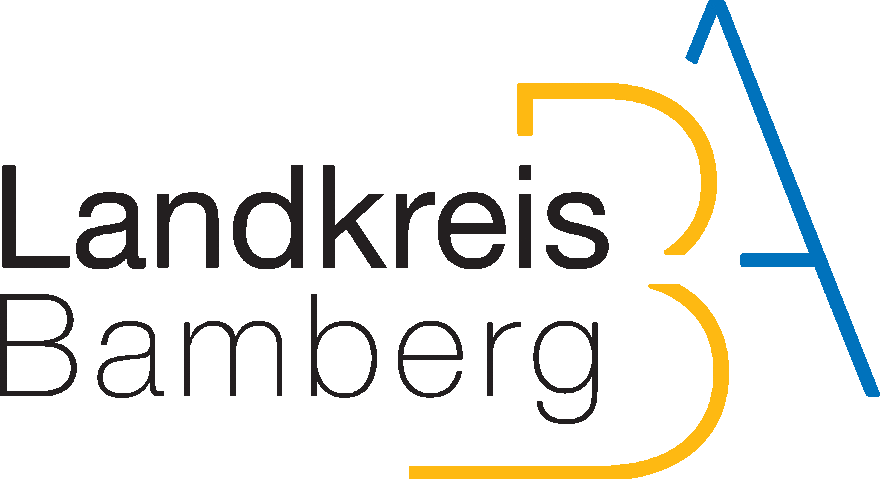
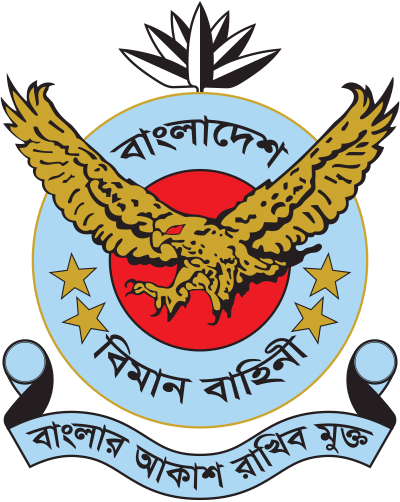























































































































-menu.png)


